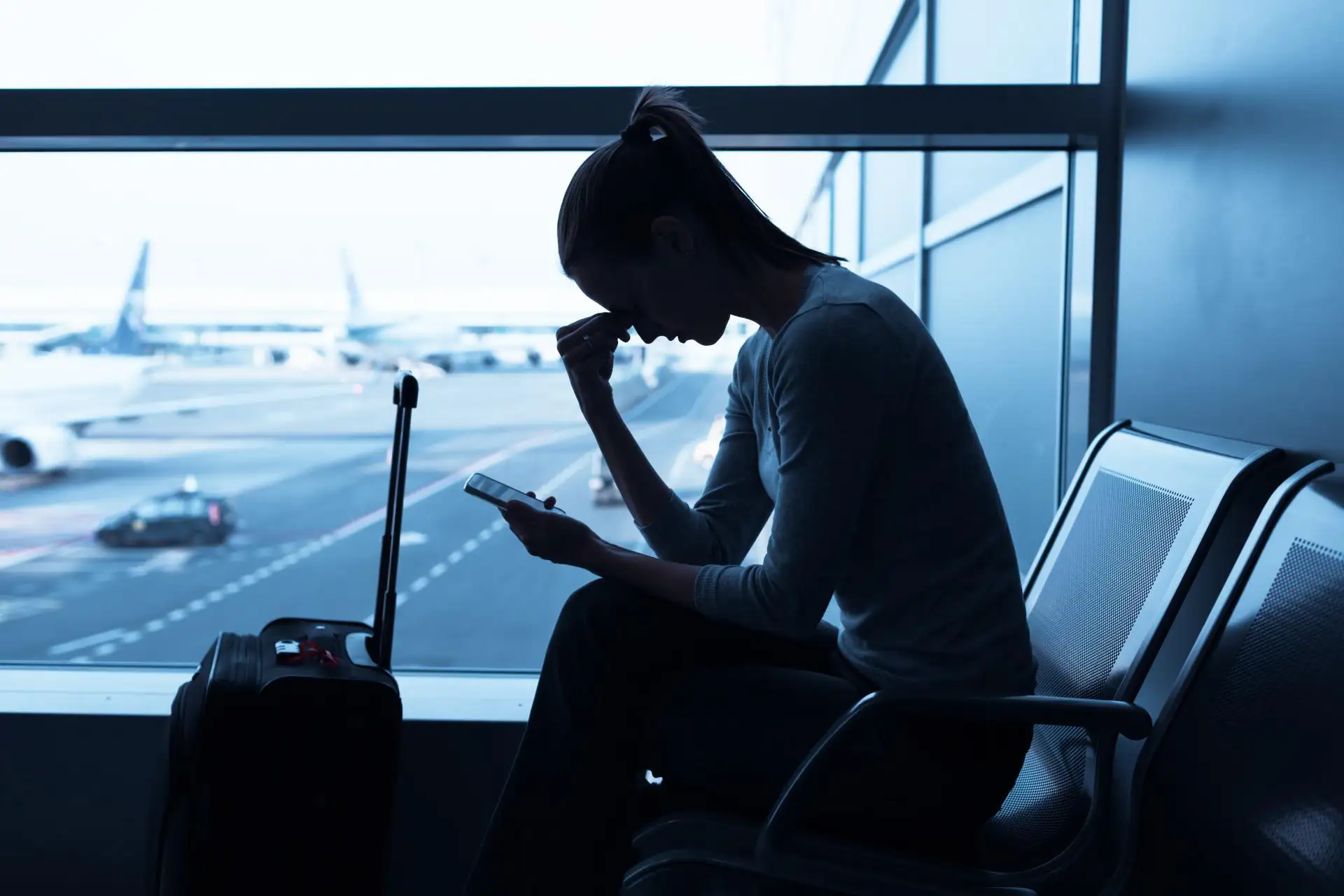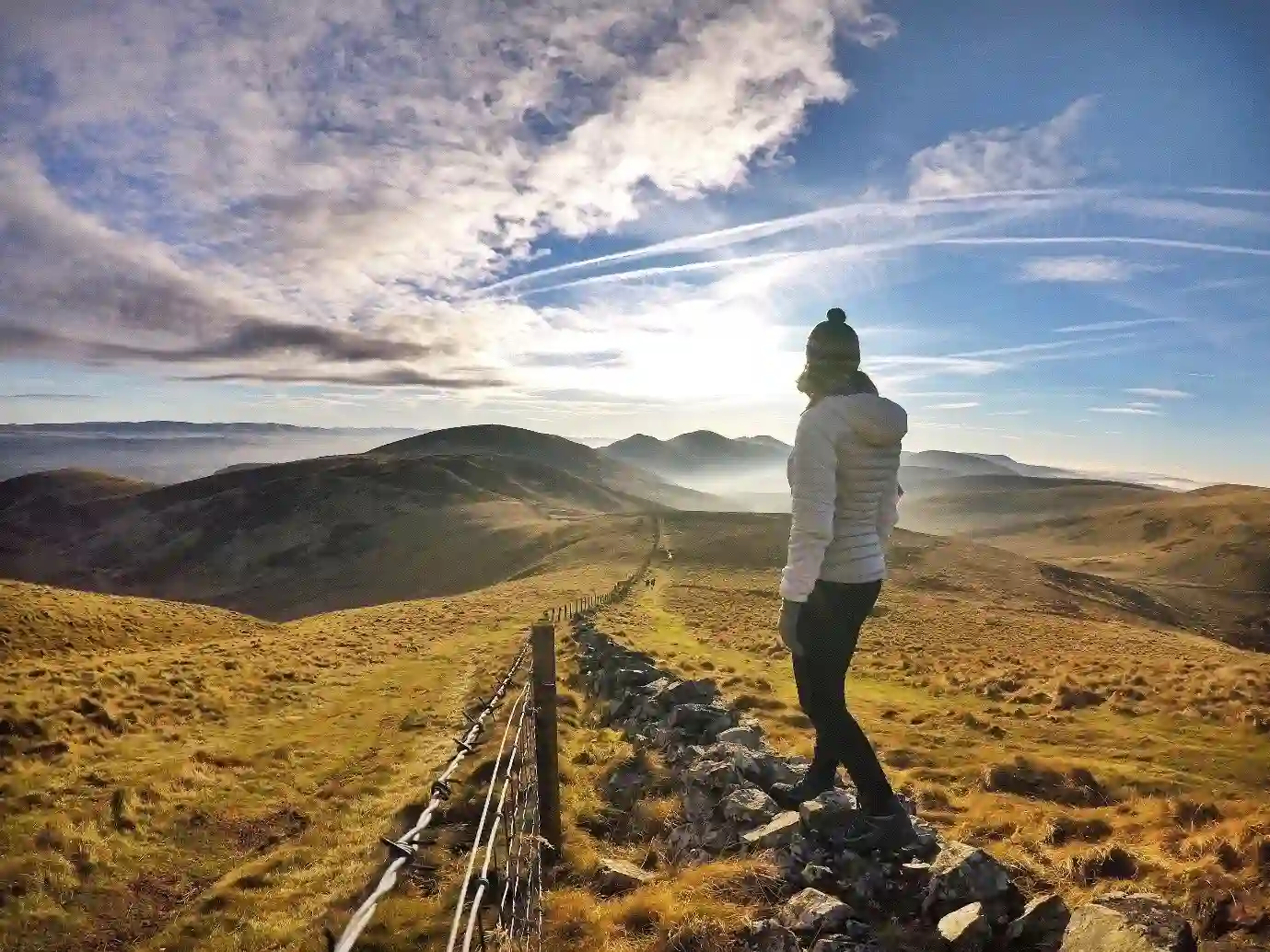Design a holiday is generally an exciting step comprising prospective and expectations of new experiences. Nonetheless, once one significant factor is off, no matter if it is an awfully wrong tour guide for instance, it may imperfectly influence the entire tour.
Answering What If The Traveler Hired the Wrong Tour Guide?
The point of this article is to let you be cognizant of the substantial hazards of selecting an inexperienced tour guide and be educated on how to stay out of such misfortunes in your upcoming travels.
The Importance of a Competent Tour Guide

A tour guide is someone who help travelers find a new place to stay, advises them, and helps them with their plans.
When you choose the right guide, a trip can be made very special by them. On the contrary, an unskilled guide can bring you grieve, time wasting, and even safety hazards.
Key Responsibilities of a Tour Guide
- Correct presentation of history and cultural information
- Safety and comfort of visitors are guaranteed
- Logistics and time management are scheduled properly
- Local insights and ideas are offered
- Community relation is facilitated
Signs of a Poor Tour Guide with a Bad Attitude

Coming to terms with the fact that your tour is not as perfect as it seemed can be the first step to handling the situation and making your holiday still enjoyable.
Here are some negative signals to be aware of and to know if The Traveler Hired the Wrong Tour Guide:
1. Lack of Knowledge
The best fitness guide in the world should be someone that is predominantly aware of the place’s past history, culture, and local attractions.
If their grasp of these is unsure despite frequent pared-down questions or if false data is frequently given, it could be because there is a lack of proper training or experience.
2. Poor Communication Skills
Communication forms the basis of the successful attending of a tour by the guide. If the guide cannot express themselves clearly, the tour is less likely to be successful.
Sometimes these misunderstandings could also be the cause of people who felt omitted or withdrawn from the group because their guide could not manage different personalities.
3. Disorganization and Poor Time Management
A guide should be on time and be able to multitask effectively. If you have noticed that your guide does not follow their plan strictly and loses time unknowingly, it is probably due to the lack of time planning and organization.
4. Lack of Professionalism
The code of conduct is very important for the company’s guides. The recognition of those who could indicate improper behavior such as being rude toward villages, getting into trouble with people who work on the tour, or appearing more or less unprepared for the activities of the day in a group has to be done by you.
5. Prioritizing Personal Interests
A well-respected guide should concentrate on guaranteeing the best customer experience. A guide who is in what appears to be a conflict of interest either by urging the group to shop in certain unusual places or investments may be a commercial transaction or a wholly owned company doing this for its benefit can be detected this way.
Consequences If The Traveler Hired the Wrong Tour Guide

Hiring the unsuitable guide might cause numerous problems and influence virtually the whole of your holiday:
1. Wasted Time and Money
Some guide(s) that are inefficient lead to attractions that are skipped, a lot of time for attractions, or extra costs that may not be worth the cost of the tour in the end.
2. Misinformation and Cultural Misunderstandings
Distorted information can result in a false impression about the community and the locals, while simultaneously causing an embarrassing situation with them.
3. Safety Concerns
The guide who is not well-informed on the local situation or the emergency measures might not only take responsibility for being in unfamiliar environments not knowing the local conditions but also can be found responsible for the fate of the travelers.
4. Diminished Travel Experience
Instead of the trip serving as a vehicle for your better upbringing, an inexperienced guide can spoil your entire trip. It can easily ruin and deplete the resources of your trip.
How to Choose the Right Tour Guide
To eliminate the risks of dealing with a bad guide, you might think of doing the following while arranging for your next holiday:
1. Research Thoroughly
Research a lot of options for tour guides; identify shortlisted and ranked for the best guides who serve the needs of their clients. Pay attention to their licenses, and real confirmation of their right to guide tourists in the area, and look for customer reviews for confidence in the choice. Look at the reviews from other customers and see what experience they had with the travel guide in the past.
2. Seek Recommendations
You may ask friends, family, or people you trust from travel forums for people recommended to form your prospects for certain tour operators or guides.
Personal ones come from their direct interaction with the guide or travel company and are therefore significant.
3. Interview Potential Guides
If it is possible, you should have a talk with the guides may decide for before you make the reservation(s). It should be what they have been doing, their achievements, and the way the administration of the tour goes that you start the conversation with. This way, you can been assessing their communication and informational skills.
4. Check Credentials
Verify the legality of the company or guide to operate such a business. One common solution is to require a government-issued operator’s certificate or a permit to work in that country.
In the case of the guides, they are usually expected to take training courses and pass a certification examination in such courses.
5. Clarify Expectations
Let the company (if any) and the guide you hire be aware of your needs, your interests, whether you have any special requirements, and specifics before you book.
Good tour guides should be sensitive enough to customize the itinerary when it is needed and should be good at suggesting suitable alternatives.
What to Do If You Find Yourself with the Wrong Guide?

If at a certain point of your tour you realize you have chosen a wrong guide, you may try the following steps:
1. Address Concerns Directly
Tell your guide if you are uncomfortable with something. It is possible that you will find out that the reason for the problem was a misunderstanding; clear communication can improve the level of service.
2. Contact the Tour Company
Remember that you can always get help from the customer service of the travel agency if you have booked through such a company and you are not satisfied with the service you get.
They would be the best respondents if you were to story them.
3. Document the Issues
Keep a record of particular events or cases that have happened. This will be useful in case you need to cite them when filing a complaint or asking for a refund.
4. Consider Alternative Options
If the current guide causes too many problems, you might explore other alternatives such as joining another group or quitting the trip while you can do it independently.
Learning from the Travel Experience

Disappointment with a guide may serve as a turning point in a bad trip to create a lesson in resilience and adaptability.
This can help travelers to seek out new traveling experiences, connect more deeply with their surroundings, and perhaps even discover hidden gems that they might have otherwise overlooked.
1. Enhance Your Own Knowledge
Look into the things you are interested in yourself, and get a lot of information. Trying to learn yourself about local history and culture will definitely prevent you from having any misconceptions due to the guides’ explanations and will not matter the guide you have.
2. Develop Flexibility
Be ready for the unexpected as this might require you to modify existing plans. Sometimes the best adventures come from such changes or from the free-range experience of ordinary people.
3. Trust Your Instincts
If there is something that you are not very comfortable with at any tour or with any guide do not hesitate to tell either of them or even to search for a new guide. Your pleasure or severance from situations should be given the first priority.
Conclusion
Choosing the correct tour guide may really influence the success of the trip by supplying extra teachings and smoothening logistics. In contrast, if The Traveler Hired the Wrong Tour Guide can leave you far from happiness.
To avoid the setbacks that may occur and feel confident that everything will be taken care of, a diligent investigation coupled with the knowledge of how to solve the problems should be a priority.
Keep in mind that a travel guide is good to have; however, you are the one in the driving seat. Acquire knowledge about the place, be flexible, be open-minded, plan carefully, and avoid any possible hazardous situations during travel whether you are with a guide or not.
Frequently Asked Questions
1. What are the signs of a bad tour guide?
A tour guide who lacks knowledge, has poor communication skills, is disorganized, behaves unprofessionally, or is more interested in himself than other tourists are the signs that he is a bad tour guide.
2. How can I avoid hiring the wrong tour guide?
The best way to avoid hiring the wrong tour guide is to research well, ask people who might know someone, cross-check their credentials, go through the reviews already given, and interview potential guides before actually booking your tour.
3. What should I do if I realize I’ve hired the wrong tour guide?
If you have hired a wrong tour guide, you should voice your concerns top-down, reach out to the tour company, and write up the problems encountered and later have a look at alternative solutions like shifting to another guided group or doing it alone.
4. Can I get a refund if I’m unsatisfied with my tour guide?
It differs from one travel company to another. Record the problems and speak with the tour operator at once and be clear about the refund policy. Many respected companies repay either a portion or the full of the money if the customer is unhappy with the service they have obtained.
5. How important is a tour guide’s local knowledge?
A local guide’s thorough understanding of the area, will give your proper and quick information, provide you with cultural insight and can even show you the best non-touristy places to visit, they are greatly enriching the experiences of your travel and the feelings of destinations.
6. What qualifications should a good tour guide have?
A tour guide should bear the relevant certificates, reside in the local area, communicate excellently and have some first-aid training, be a group leader and handle posing difficulties professionally.
7. How does hiring the wrong tour guide affect my travel experience?
Employing an incompetent guide may lead to money wastage and information distortion, cultural shocks, safety threats, and less enjoyable travel experiences in general.
8. Can I switch tour guides during my trip?
You are able to switch tour guides during your trip depending on the policies set by your tour operator. Contact the company without delay to bring up the matter and to discuss any possible candidates and solutions.
9. What are the consequences of following a poorly informed tour guide?
A poorly guided tour may be filled with all sorts of inconveniences like missed attractions, incorrect history, social blunders, incomplete city image thus, your overall travel experience will be diminished.
10. How do I check a tour guide’s credentials?
Find out whether the tour guide really has a license by checking on the official tourism boards, are they certified, do they hold professional association memberships, and what did their former clients have to say in the comments and reviews?
11. What should I do if my tour guide is always late?
Dress down with your guide ahead of time if he/she is regularly late. Should it continue, ask for the tour company to investigate the matter further and bring a solution to the problem.
12. How can I prepare myself in case I end up with a bad tour guide?
Be prepared to spend time on your own by doing some research, downloading offline maps, carrying a travel guide, etc., because you may find yourself traveling alone if your guide doesn’t satisfy you.
13. Are expensive tour guides always better?
Price does not always correlate with the quality of the tour guide. On the contrary, well-documented reviews, along with authentic credentials, and your own impressions from the interview are always the best way for finding the best tour guide no matter the price.
14. What safety concerns arise from hiring an incompetent tour guide?
An incapable tour guide may lead you to unsafe areas, make you wear inappropriate, or no safety gear, and forget to brief you on crucial emergency procedures and eventually your safety will be in danger.
15. How do I provide feedback about a bad tour guide experience?
To give feedback, the person should contact the travel company, upload detailed summary to the websites and if necessary, make complaints to the local tourism authorities for very serious problems.
16. Can a bad tour guide ruin my entire vacation?
Though a not-so-good guide can be a huge letdown, flexibility, quick reaction to issues, and independence to go around on your own are the keys to recover your holiday.
17. What are the benefits of hiring a local tour guide versus a foreign one?
By choosing a local guide, you are more likely to receive a greater amount of information about people, society, customs, as well as the language while foreign guides can also contribute a new and diverse view to your guided tour.
18. How do I handle language barriers with a tour guide?
To overcome language barriers, make use of translation apps, try and find a guide speaking the same language, learn a few expressions, and use your body language for clarification.
19. What should I do if my tour guide pressures me to buy things?
If your guide pressures you to buy, say your point, tell him that he makes you feel uneasy and inform the administration about it.
20. How can I turn a bad tour guide experience into a learning opportunity?
Use your poor experience to forge your exploration skills. You can achieve this by ensuring that you do in-depth research of the place before visiting, taking clues from your instincts, adjusting to unpredictable circumstances, and exploring destinations more independently.





